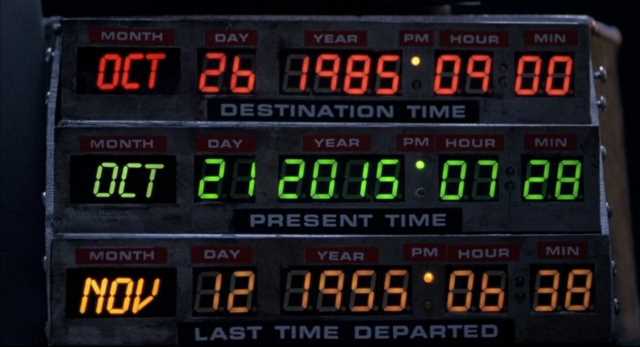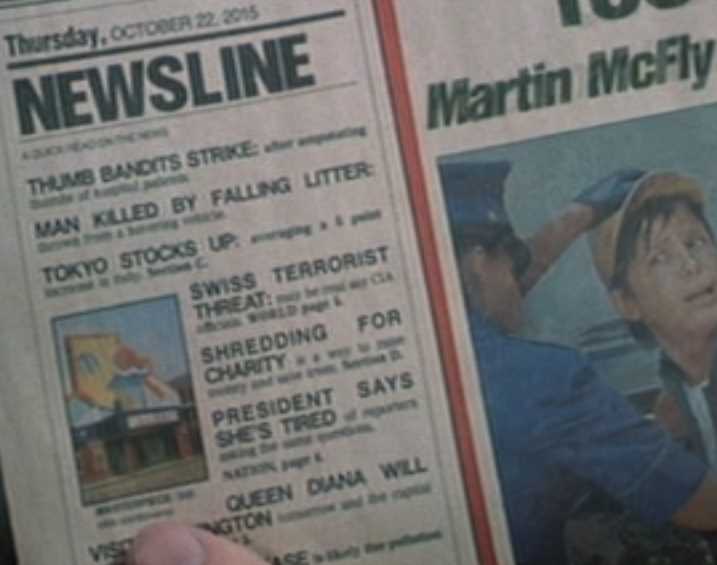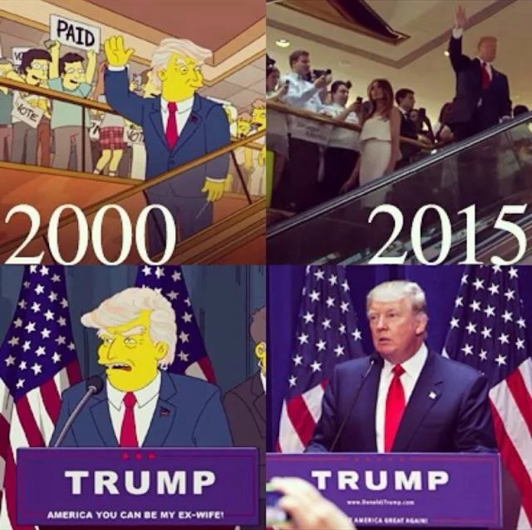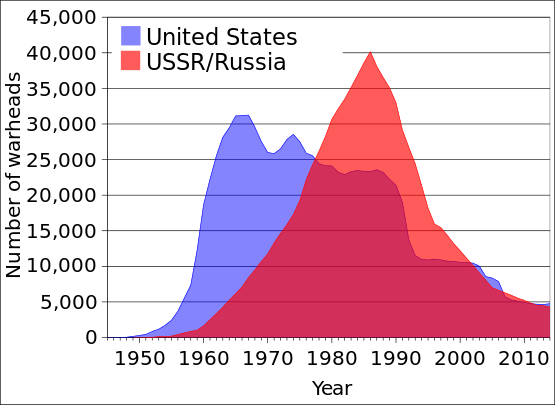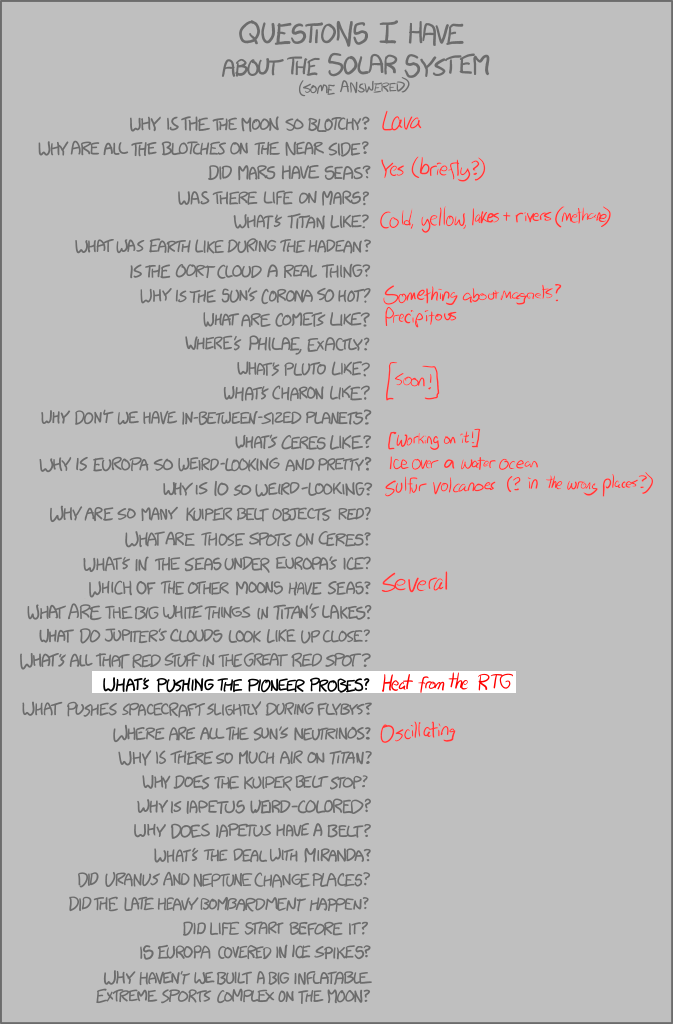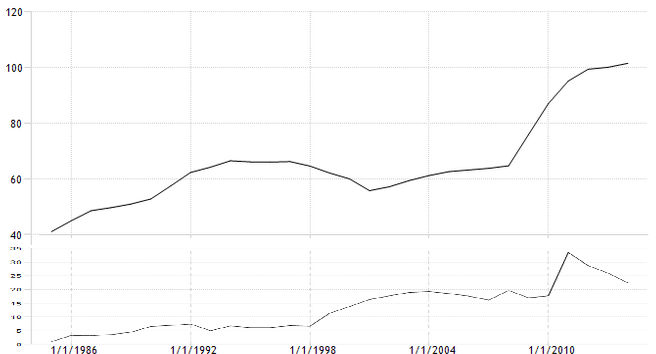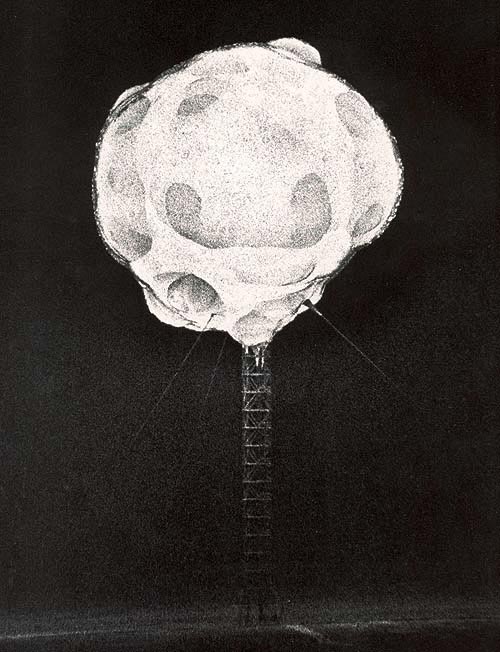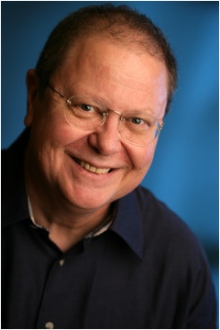Having grown up on the wrong side of the Iron Curtain, I had a thoroughly Marxist education in history during my grade school and high school years. A central tenet of Marxist history is the concept of “historical inevitability”: that great historic upheavals are a result not of individual heroism or foolishness, but of great socio-economic currents that create change.
I was reminded of this conflict between the “dialectical materialist” vs. the “romantic” view of history while I was reading a superb piece of historical science fiction, Ben Elton’s Time and Time Again. A story in which the protagonist time travels from 2024 to 1914 to change history, prevent The Great War, and make the world a better place. Things of course don’t exactly go as planned (or maybe they go according to plan a little too well?) but I cannot say much about the book without revealing the plot, so I won’t.
But the book, as well as one of the reviews I found on Amazon, made me think of how some of the most fundamental sequences of events in the 20th century were far from inevitable: rather, they were series of astoundingly improbable events, inept bungling that any half-competent publisher would reject as too incredible if submitted in the form of a manuscript of historical fiction.
First, the main event in Elton’s book: the Sarajevo assassination. Think of it: the Serbian organization, The Black Hand, positions not one, not two, but six separate assassins (some sources mention seven, but the seventh conspirator was the recruiter) along the arch duke’s planned route. Meanwhile, the arch duke arrives by train and immediately loses his security detail due to a mix-up as a result of which local police officers took their place in one of the cars.
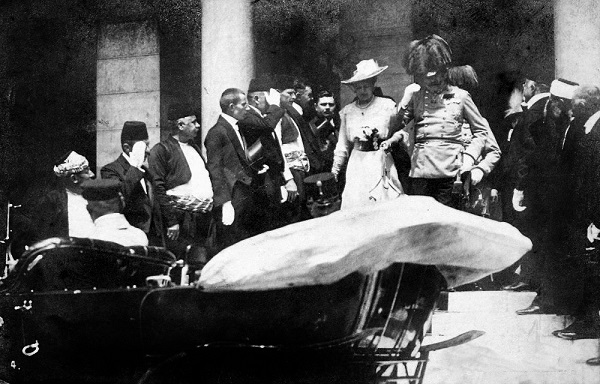
The sequence of events begins when the first assassin fails to act. The second, too, fails to act. The third finally does act and throws his bomb, which bounces off the arch duke’s car, only to explode underneath the next car, wounding more than a dozen people. This would-be assassin swallows an expired cyanide capsule and jumps into the river, which happened to be only five inches deep at the moment… so he fails to die. The remaining three assassins, too, fail to act as the rest of the motorcade passes by them at high speed.
So then the Austrian general in charge changes the route for the afternoon… and fails to inform the arch duke’s driver. Who then makes a wrong turn, comes to a stop and stalls the car right in front of one of the would-be assassins from earlier that day, Gavrilo Princip. Princip was there ostensibly because he hoped to complete his mission during the arch duke’s return journey, but for all we know, he gave up already and was just getting a sandwich at Schiller’s Deli when the target was so conveniently presented to him. And then he took out his gun and managed to kill both Franz Ferdinand and Sophie with a single bullet each. And thus the life of an arch duke who believed in increased federalism, in modernizing the Monarchy, came to an abrupt end, along with that of his beloved wife, despised and routinely humiliated by the court in Vienna for being outside of the arch duke’s rank. Franz Ferdinand’s last words were, reportedly, “Sopherl! Sopherl! Stirb nicht! Bleib’ am Leben für unsere Kinder!” (“Sophie! Sophie! Don’t die! Stay alive for our children!”)
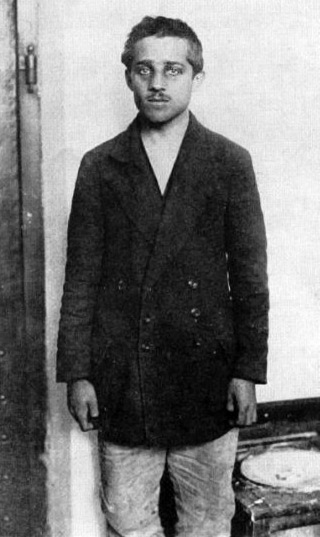
And thus, world history changed and The War to End All Wars began a few short weeks later. Empires crumbled, murderous ideologies were born. A second world war and at least a hundred million deaths later, the world settled into the uneasy but surprisingly long-lasting peace of the Cold War, a peace that lasts to this day, bringing unprecedented prosperity to billions. Who knows what would have happened if Franz Ferdinand did not die on June 28, 1914?
The second bungled event that came to mind was the accidental fall of the Iron Curtain on November 9, 1989. (Astonishingly for me personally, just over three years after I left Hungary as a political refugee, having concluded that I saw no chance of “regime change” behind the Iron Curtain anytime soon, certainly not within a generation.)
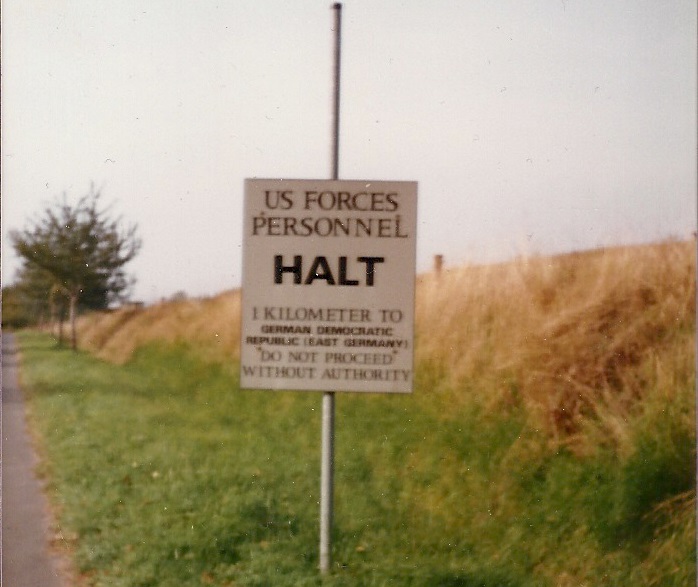
The events that led directly to the collapse of the Berlin Wall began in Hungary a few months earlier, when my country of birth decided not to intervene as thousands of East German citizens crossed the border into Austria. Initially, the East German government responded by tightening its regime of exit visas, banning travel for its citizens first to Hungary and later, to Czechoslovakia. Nonetheless, unprecedented mass demonstrations followed in East Germany, with crowds rallying to the words “Wir wollen raus!” (“We want out!”) The East German government decided to take the bold step of allowing severely regulated private travel to the West.
The new regulations were to take effect the next day, but this was not communicated to Günter Schabowski, East Berlin’s party boss who was only handed a brief note announcing the changes moments before giving a press conference. Having made the announcement, in response to a question from a journalist, he stated that as far as he knew, the new regulations liberalizing travel are to take effect immediately, without delay, and involved border crossings along the Berlin Wall.

Almost immediately, crowds of East Germans began gathering at the Wall, demanding the opening of the gates. As no-one among East Germany’s leaders was prepared to order the use of lethal force, finally the commander of one of the border crossings yielded, and the border was thrown wide open.
Less than a year later, the state of East Germany ceased to exist.
What would have happened if Schabowski had been better informed? If the East German state had been able to assert its authority and managed to maintain order at its border crossings? Or conversely, what if they had the guts to give the order to fire? Would there have been a bloody revolution? Would Germany still be divided today? What would the European Union look like?
The date of November 9 is famous for another reason, by the way. It was on this day in 1918 that Imperial Germany ceased to exist with the abdication of Kaiser Wilhelm II, the ruler who probably bore the most responsibility for turning the 1914 Sarajevo crisis into an all encompassing World War.
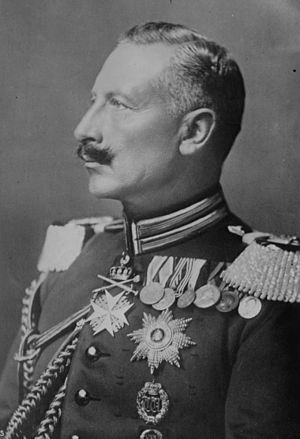
Astonishingly, the last surviving member of the conspiracy to kill Franz Ferdinand, Vaso Čubrilović, lived to the ripe old age of 93 and passed away in the year of German reunification, in 1990.






